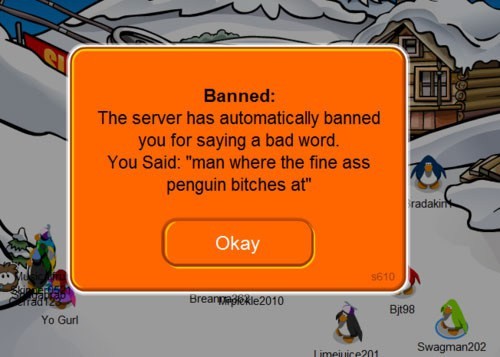--Originally published at Identidad digital
What’s up people,
Today was a bittersweet day for me: it was the last session of our semanai. I was satisfied, tired and sad. I have learned a lot this week. It felt really good to explore topics that have little to do with my everyday life and studies. Besides I finally started blogging. I really like writing and blogging is an activity that since a few years ago has gotten my attention but I had never tried.
After this week I have decided not only to continue this blog but also creating another where I can write about the “philosophy” (I guess), history and ideas behind the pictures I take and post on Instagram.
A thing I liked about blogging and the “Digital Identity” course is that it has helped me to clear my mind and think about what I have learned during the day. I hope that if people read my blog they can get something from it, fun, a lesson, encouraging words, or whatever they are looking for. Anyways I’m sure I can get lots of good stuff from it. During the curse I have learned to be less scared about sharing a bit of my life on the internet. Besides if I post something that later on I will not like or agree with I can always erase it.
On the other hand the session of today was quite helpful because we learned about expressing one’s self through video. Diego Zavala showed us several websites were stories were told though videos. The one that I liked the most was about a boy and his father, it really touched my heart, I actually wanted to cry but I was too embarrassed to do it.
Ken, if you ever read this, thanks a lot for this week. It has been the best semana I for me so far. From my experience you are a great professor, having you as a full semester teacher must be super dope.
Cheers.





 (Credit goes to
(Credit goes to 









